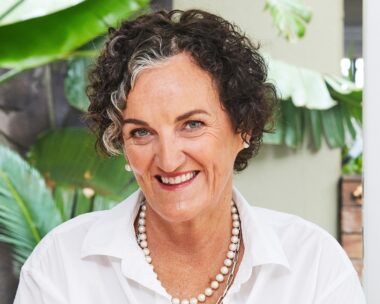Lily Allen has never been one to shy away from controversy, but this month she’s been forced to defend an issue very close to her heart indeed.
The 31-year-old singer, who lives in England, has been open about the fact she lost her baby son in 2010, after his umbilical cord became wrapped around his neck in the womb.
And after Lily began tweeting her support of immigrants and Muslims living in the UK, Twitter trolls through it was appropriate to attack the singer over her devastating loss.
“Maybe if you didn’t pump your body full of drugs you wouldn’t have miscarried,” wrote one user, while others accused the star of lying about the death of her beloved son, and the mental health issues that followed.
“I DO have mental health issues. Bi-polar, post natal depression, and PTSD, does that make my opinion void,” Lily tweeted.
She added that her post traumatic stress disorder was a result of having to give birth to her son at six months, when he had already died.
She wrote she was: “In a hospital bed with my deceased son stuck between my legs halfway out of my body for 10 hours.”
Responding to trolls that suggested the miscarriage was all her fault, Lily calmly corrected them that she “didn’t miscarry, I went into early labour and my son died from a cord wrapped around his neck.”

As a result of the onslaught, Lily gave up her Twitter feed to her pal, Dennis, who began blocking and reporting the trolls’ behaviour. One such troll who took aim at Lily for the death of her son, then messaged her to say she felt her “safety was at risk.”
The star also passed on the message that she would meet her trolls face to face, so they could have a conversation about the issue in person.
Lily has been outspoken in her anti-Brexit stance in the past six months, as well as her dislike for the skewed nationalism, ant-immigration views taken by some Brits.
On Sunday she wrote: “History says slavery is ok, anti-Semitism is ok and women shouldn’t be allowed to vote. Can we talk about the future.”
The star also took aim at those who said her privileged upbringing meant her opinion was irrelevant.
This story originally appeared on Women’s Weekly




